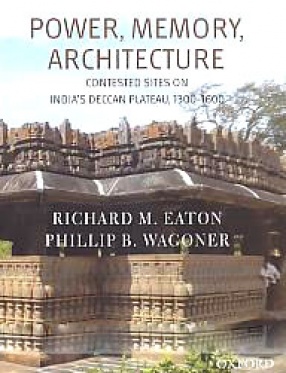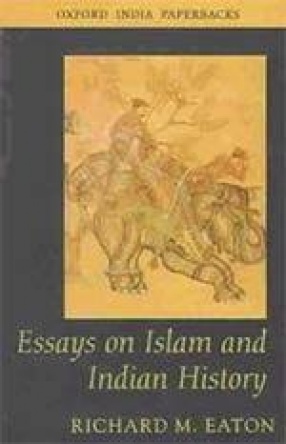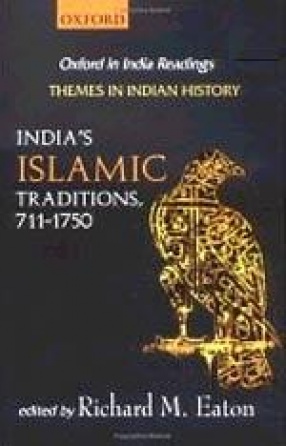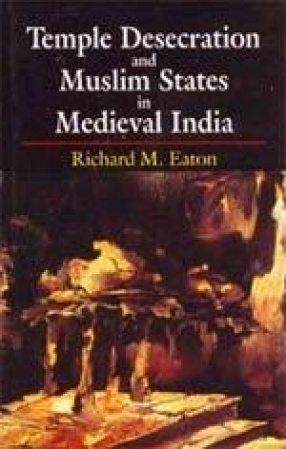
Showing all 5 books



Most studies of the history of the early modern Deccan focus on struggles between the region's primary centers, that is, the great capital cities such as Bijapur, Vijayanagara, or Golconda. This study, by contrast, examines the political histories and material culture of smaller, fortified strongholds both on the plains and atop hills, the control of which was repeatedly contested by rival primary centers. Exceptionally high levels of conflict over such secondary ...

Spanning twenty-five years of research and writing, the essays in this volume focus on historiography and Indo-Islamic civilization. The author begins by exploring the place of Islam in world history, religious conversion as a world historical theme, and the historical significance of the city of Calicut. He then investigates the history and historiography of temple desecration in pre-colonial India, and also throws light on the evolution of India’s Subaltern ...

For a thousand years before the advent of British power, a great variety of Islamic traditions appeared in India—letters and conversations of Sufis, vernacular epics, visual arts, qawwali music, commentaries on the Qur’an, historical chronicles, romance literature, folk ballads, and much more. The essays in this book—some of them classics, some written especially for inclusion here—seek to place such traditions in their historical contexts, and to address ...

Few issues in India's current public discourse are more controversial than that of the political status of religious monuments. In particular, the destruction of the Babri Masjid in 1992 raised a number of urgent questions relating to the desecration of temples in India's medieval period. Some of those questions that are historical in nature are addressed in this monograph: What temples were in fact desecrated in medieval India? When and by whom? How and for what ...

